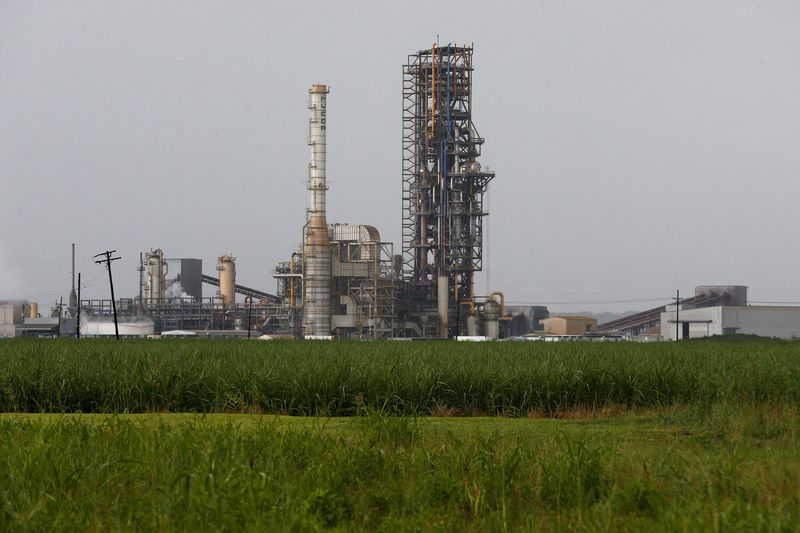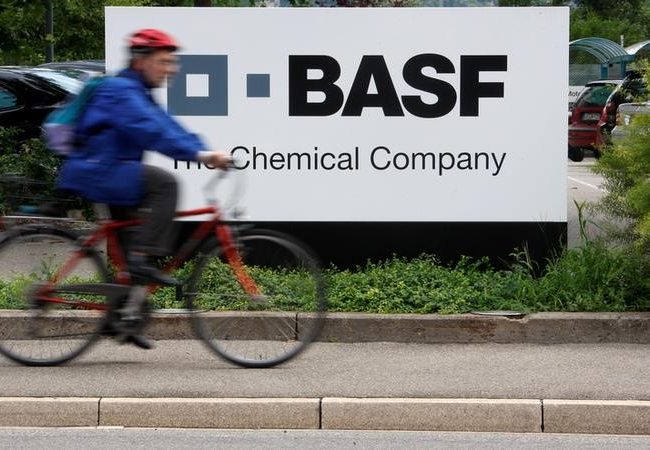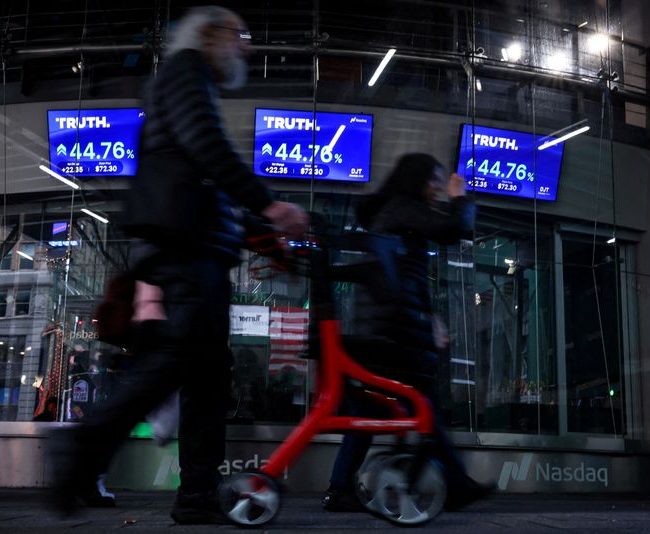
Cleveland-Cliffs eyeing all-cash bid for U.S. Steel, source says

By Anirban Sen, Alexandra Alper and David Shepardson
(Reuters) -Cleveland-Cliffs is partnering with peer Nucor (NYSE:NUE) to prepare a potential all-cash bid for U.S. Steel, with an offer in the high $30s per share, a person familiar with the matter said on Monday.
Cliffs is aiming to purchase all of U.S. Steel and then sell its Big River Steel mill to Nucor if the deal is completed, the person added on condition of anonymity because the details have not been made public.
Cliffs CEO Lourenco Goncalves reiterated in a wide-ranging press conference on Monday in Butler, Pennsylvania that he wanted to bid again for U.S. Steel after making a rejected offer in 2023 and had a plan, but declined to elaborate on details.
“I’m happy that I’m in a position to make an offer that will execute on the wishes of the board and the management,” Goncalves said. “They sell, they go away. We take over. We do good. America will be better, America will be stronger,” he added.
U.S. Steel shares closed at $36.34 on Monday. Nucor did not respond immediately to a request for comment.
Cliffs’ potential bid, first reported by CNBC, appeared aimed at ratcheting up pressure on Japan’s Nippon Steel, whose imperiled $14.9 billion bid for U.S. Steel was blocked by President Joe Biden in a Jan. 7 executive order that cited unspecified national security concerns.
Nippon Steel declined to comment. U.S. Steel did not respond to a request for comment.
Enforcement of Biden’s order, which gave the parties 30 days to unwind the transaction, was postponed until June after the companies sued the U.S. president, alleging he violated the constitution by depriving them of due process when he blocked the deal.
Nippon Steel and U.S. Steel also sued Goncalves and Cliffs, alleging “illegal and coordinated actions” aimed at scuttling the deal in order to “monopolize the domestic steel markets.”
Cliffs described the lawsuit as “baseless.”
Steelmaker and iron ore miner Cliffs, which has been led by Brazilian-born Goncalves for more than a decade, made an unsolicited bid for U.S. Steel in August 2023 at $54 per share, with half offered in company stock. It won the support of the United Steelworkers union, arguing the companies combined would “create a lower-cost, more innovative, and stronger domestic supplier.”
But U.S. Steel raised concerns that a tie-up with Cliffs risked being shot down by antitrust regulators because it would consolidate the supply of steel to U.S. automakers and put up to 95% of U.S. iron ore production under the control of one company. U.S. Steel’s board rejected the offer.
Nippon Steel’s December 2023 all-cash offer was higher than Cliffs’ at $55 per share, and the Japanese company later promised to revitalize U.S. Steel’s aging mills with investment from an allied nation.
But the offer became politicized, with both Biden and Republican President-elect Donald Trump pledging to kill the deal as they wooed voters in the swing state of Pennsylvania where U.S. Steel is headquartered.
Trump and Biden both asserted the company should remain American-owned after USW President David McCall expressed his opposition to the tie-up.
Goncalves’ comments on Monday appeared to be an about-face for the executive, who floated keeping the companies separate last week.
“President Trump will change the backdrop of the entire industry,” Goncalves said in an interview on CNBC’s “Mad Money” on Tuesday night. “I’m not so sure if the best outcome is the combination of Cliffs and U.S. Steel. Maybe the best outcome is Cliffs stays standalone and U.S. Steel stays standalone and you continue to compete.”
GONCALVES TAKES AIM AT JAPAN
Goncalves also took aim at Japan in his press conference Monday, describing it as “worse than China,” as he sought to disparage Nippon Steel’s homeland.
“China is bad, China is evil, China is horrible, but Japan is worse, Japan is a lot worse,” he said, saying Japan taught China how to “dump, how to have over-capacity, how to overproduce” steel in the U.S. market, driving down prices.
The Japanese embassy and the Chinese embassy in Washington did not immediately respond to requests for comment.


